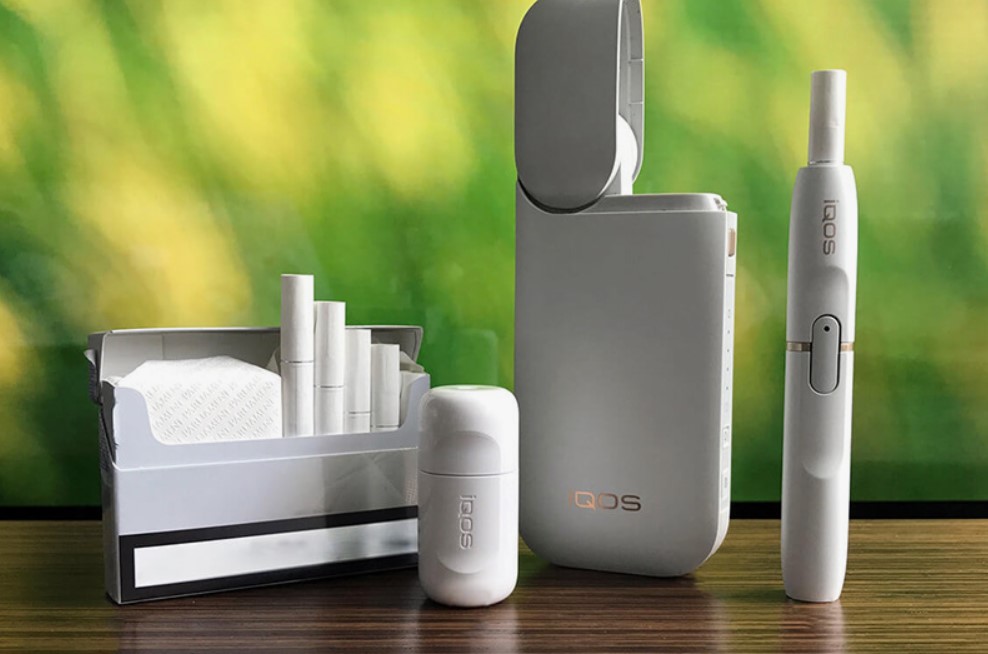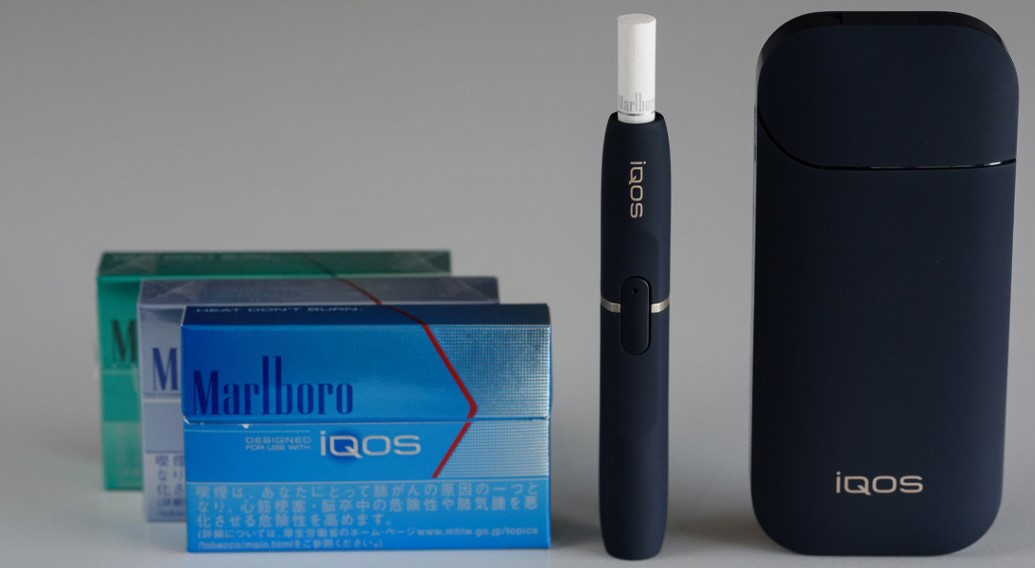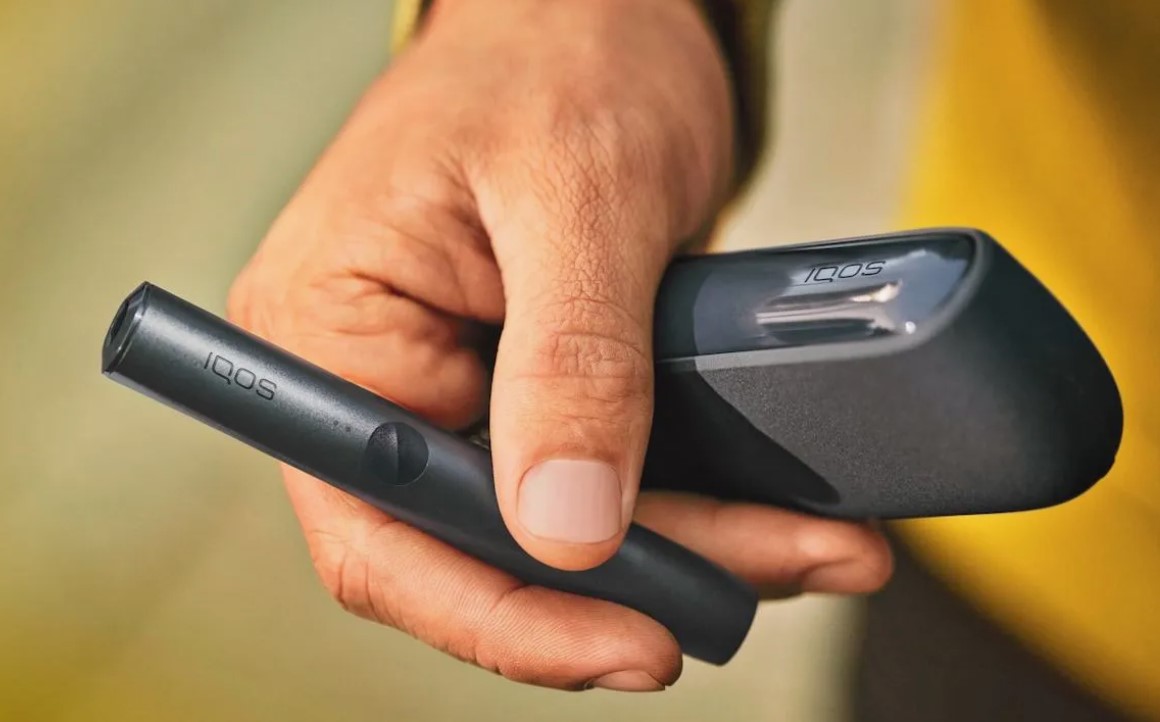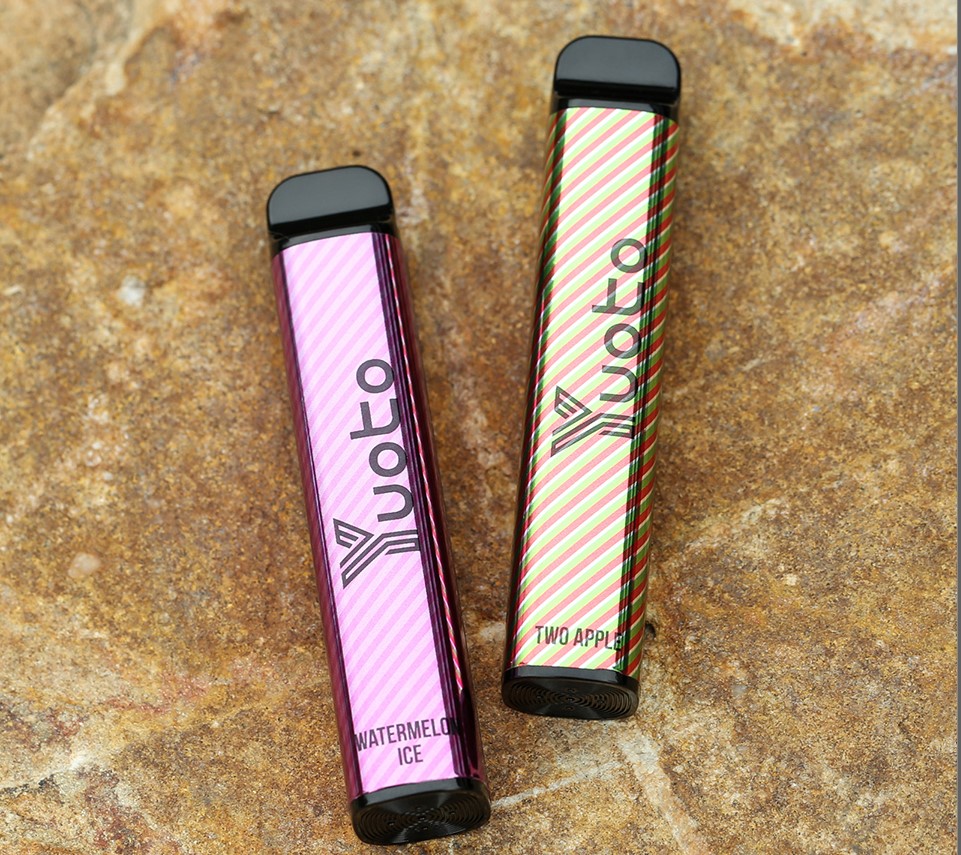IQOS, an acronym for “I Quit Original Smoking,” has emerged as a promising alternative to traditional cigarette smoking. Developed by Philip Morris International (PMI), IQOS is designed to provide a less harmful way for smokers to satisfy their nicotine cravings. This article delves into the effectiveness of IQOS based on scientific research, comparing its chemical composition, toxicological effects, impact on indoor air quality, and effects on tooth enamel with those of conventional cigarettes.
The Inception and Mechanism of IQOS
Philip Morris International developed IQOS as part of their “smoke-free future” initiative. Unlike traditional cigarettes that burn tobacco at temperatures exceeding 600°C, IQOS heats tobacco to around 350°C. This lower temperature is sufficient to release nicotine and flavor without burning the tobacco, thereby significantly reducing the production of harmful chemicals typically associated with combustion.
The device consists of three main components: a holder, a charger, and tobacco sticks called HEETS or HeatSticks. The user inserts a tobacco stick into the holder, where a ceramic blade heats the tobacco. This process generates an aerosol that the user inhales, delivering nicotine without many of the harmful byproducts of combustion.
Chemical Composition of IQOS Aerosol
One of the primary concerns with cigarette smoking is the presence of approximately 7,000 chemical compounds in cigarette smoke, 63 of which are known carcinogens. In contrast, IQOS heats tobacco instead of burning it, which significantly alters the chemical composition of the aerosol produced.
Scientific studies have demonstrated that the aerosol generated by IQOS contains 95% fewer harmful substances compared to cigarette smoke. This substantial reduction is achieved by heating the tobacco to a lower temperature, which prevents combustion and the formation of many toxic chemicals. Key harmful components, such as tar, carbon monoxide, and certain volatile organic compounds, are present in significantly lower concentrations in IQOS aerosol.

Toxicological Assessment
To evaluate the toxicological effects of IQOS aerosol, researchers have conducted studies using artificial models of human cells. These studies aim to compare the cytotoxicity and genotoxicity of IQOS aerosol with those of cigarette smoke.
Results indicate that IQOS aerosol exhibits significantly lower toxicity levels. Human cell models exposed to IQOS aerosol show reduced levels of cellular stress and damage compared to those exposed to cigarette smoke. This reduction in toxicological impact is crucial in understanding the potential health benefits of switching from conventional cigarettes to IQOS.
Impact on Indoor Air Quality
The effect of tobacco products on indoor air quality is a significant concern, especially in shared spaces such as offices, cafes, and homes. To assess this, scientists conducted experiments in a specially equipped room, simulating various indoor environments. Measurements of 18 air pollutants were taken under different conditions.
The findings revealed that cigarette smoking led to a noticeable increase in the concentration of all measured pollutants, often exceeding hygienic air quality standards. In contrast, the use of IQOS resulted in minimal increases in pollutant levels, staying well within acceptable limits. This suggests that IQOS is a less harmful option for indoor air quality compared to traditional cigarettes.
Effects on Tooth Enamel
Another area of interest is the impact of IQOS aerosol on dental health, particularly tooth enamel. In an experimental setup, samples of human teeth were divided into two groups. One group was exposed to cigarette smoke, while the other was subjected to IQOS tobacco vapor for three weeks.
The results showed that IQOS aerosol caused significantly less staining and discoloration of tooth enamel compared to cigarette smoke. This finding highlights another advantage of IQOS over conventional smoking, as reduced staining can contribute to better dental aesthetics and health.
Comprehensive Health Implications
While the reduction in harmful chemicals and lower toxicity are significant benefits, it’s essential to understand the broader health implications of using IQOS. Several studies have investigated the long-term effects of IQOS use, with mixed results. Some research suggests that while IQOS is less harmful than traditional cigarettes, it is not entirely risk-free. Users are still exposed to nicotine, which is addictive and has its own set of health risks, including cardiovascular and respiratory issues.
Regulatory Perspective
Regulatory bodies around the world have started to recognize the potential of IQOS as a harm reduction tool. The U.S. Food and Drug Administration (FDA) authorized the marketing of IQOS as a Modified Risk Tobacco Product (MRTP) in July 2020. This decision was based on evidence that IQOS reduces exposure to harmful chemicals compared to conventional cigarettes. However, the FDA also emphasized that IQOS is not without risk and should not be seen as a safe product.
Public Perception and Adoption
The adoption of IQOS has been growing steadily, particularly in markets where smoking rates remain high. Consumers are increasingly looking for alternatives that can provide a similar experience to smoking but with reduced harm. IQOS has positioned itself well in this niche, appealing to smokers who are unable or unwilling to quit nicotine but are concerned about their health.
Marketing strategies for IQOS have also played a significant role in its adoption. PMI has invested heavily in promoting IQOS as a sophisticated, high-tech alternative to cigarettes. This approach has resonated well with younger adult smokers who are more tech-savvy and health-conscious.

Environmental Considerations
Another aspect worth considering is the environmental impact of IQOS. Traditional cigarette butts are a significant source of litter and environmental pollution. IQOS, with its reusable holder and electronic components, offers a more environmentally friendly alternative. The HEETS or HeatSticks are designed to produce minimal waste, and PMI has implemented recycling programs to manage electronic waste from the devices.
Future Directions and Research
As the popularity of IQOS grows, so does the need for ongoing research to fully understand its health implications. Long-term studies are necessary to provide a comprehensive picture of the benefits and risks associated with IQOS use. Additionally, as technology evolves, there is potential for further improvements in the design and safety of heat-not-burn products.
Conclusion
Based on the available scientific evidence, it is clear that IQOS presents a less harmful alternative to traditional cigarette smoking. The substantial reduction in harmful chemical compounds, lower toxicological impact, minimal effect on indoor air quality, and reduced staining of tooth enamel all point to the benefits of switching to IQOS for current smokers.
While quitting smoking entirely remains the best option for health, for those who struggle to quit, transitioning to IQOS can be a positive step towards reducing harm. Furthermore, the availability of nicotine-free sticks offers a pathway for gradually weaning off the habit of smoking altogether. As the popularity of IQOS continues to grow, it represents a promising tool in the ongoing effort to reduce the global health burden associated with smoking.
The journey towards a smoke-free future is complex and multifaceted. Innovations like IQOS by iTerea.ae offer a glimpse of what that future might look like, providing hope for millions of smokers worldwide who are seeking less harmful alternatives to traditional cigarettes.
Hiking addict, ramen eater, fender owner, Saul Bass fan and javascripter. Acting at the fulcrum of beauty and computer science to give life to your brand. My opinions belong to nobody but myself. Tropical swift lover.



